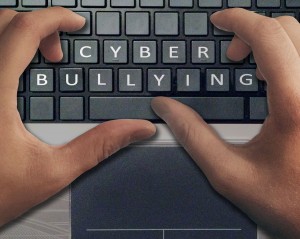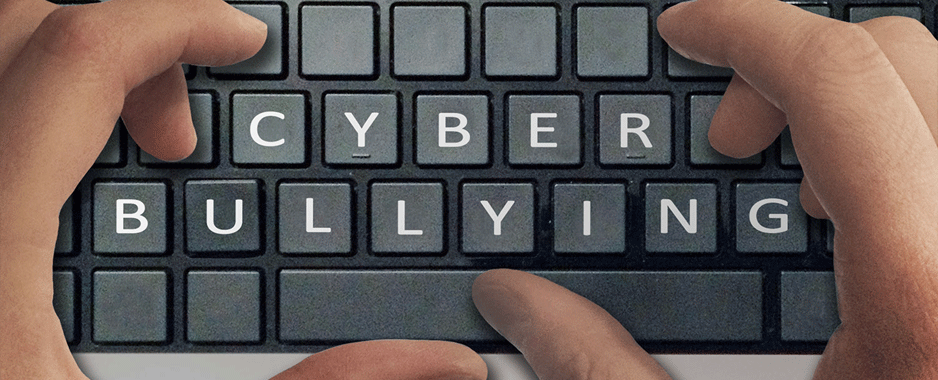
By Christopher Harrell/reporter
“They punch me in the jaw, strangle me. They knock things out of my hand, take things from me, sit on me. They push me so far that I want to become the bully.” — Alex Libby, Bully, 2011 Lee Hirsch documentary
Bully has been shown across schools to educate students on the issue of bullying and ways to put a stop to it. However, classroom bullying is not the only problem, along with new technology, cyberbullying has rapidly increased.
In the spring, 17-year-old Rehtaeh Parsons from Halifax, Nova Scotia, took her life after students spread photos of her online regarding her rape in 2011. Her case has garnered widespread publicity through major news outlets.
Cyberbullying involves using technology to deliberately and repeatedly bully someone. It can include abusive texts or e-mails, imitation, inappropriate image tagging or demeaning messages posted online. While cyberbullying can be similar to face-to-face bullying, it differs in that it can happen 24/7, and people can be targets even in their own homes.
The Cyberbullying Research Center, which conducts studies on online bullying among teenagers and adults, found on average about 24 percent of the students in their last six studies have been victims of cyberbullying at least once.
Cyberbullying is not just happening to middle and high school students. College students experience it among their personal Facebook pages or Instagram photos.
However, students can find ways to deal with and help diminish cyberbullying if it happens to them.
“If faced with a cyberbully, stop. Don’t respond to the bully,” said Michele Faith, a SE counselor. “Doing so will only give the bully more power and escalate the situation.”
SE student Justin Quach has dealt with the situation before.
“If someone harasses me on my Facebook page, I use the report or block feature to avoid them from contacting me again,” he said. “I never have to worry about it after that point.”
If a bully’s comments contain obscene material, sexual exploitation, threats or intimidation, the victim can always report it to the police or cybercrime unit.
The key is to ignore it, but if someone witnesses a friend being cyberbullied online, the person should not become a bystander.
“You have the power to report another person online with a simple click,” said SE student Vannasin Khounvivongsy. “If they are reported enough, then their profile can become disabled or under strict scrutiny.”





























